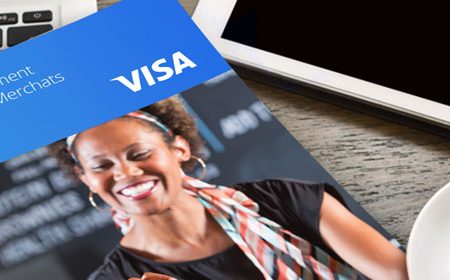Fraud is on the rise, and like many trends gaining popularity by the day, we must work together to ensure it doesn’t stay. Fraud, both in concept and in legal terms, is an act of deceit and misrepresentation, and affects millions of people each year. Many fraud cases are never reported and therefore hard to track, but the expansion of technology and electronic commerce has paved new paths for fraudsters to reach victims. Numbers from the Office for National Statistics for the United Kingdom, show that the National Fraud Intelligence Bureau has recorded 441,174 incidents, while police reports show a measly 142,000 cases, in comparison, for the year 2012. Of these numbers, over half of them are cases of bank fraud. Instances of bank fraud not only affect consumers, but can be drastically detrimental to merchants and retailers.
According to Tom Hartley, the CEO of Kroll—the company responsible for the production of the Kroll 2013/2014 Global Fraud Report—upwards of 70% of companies around the world have had experiences involving one or more types of fraud over the last twelve months. Fraud can be defined as the act of deceiving another party through dishonest means, in order to receive personal gains, whether access, authorization, financial, publicity, or power related. A person committing an act of fraud is misrepresenting himself, in order to take advantage of another person through deception, and receive something in return.
When it comes to merchants, however, Friendly Fraud happens to be just the opposite of friendly. Friendly Fraud occurs when a customer files a dispute of charges with their bank or cardholder, receiving a refund from their bank through a chargeback, for goods or services that they did, in fact, order and receive. Friendly Fraud can be used to deceptively receive the good or service ordered, without having to pay for the product, leaving the merchant financially responsible. Some Friendly Fraud is used to deliberately con banks and retailers, while other cases can actually be committed by accident. The more information the customer has about the product or service they have ordered, the less likely they are to misunderstand charges on their account. When a customer questions or misunderstands a charge on their bank statements, they can be likely to commit Friendly Fraud, and file a chargeback for a service or product that they did, in fact, authorize. This leaves the merchant in a predicament that could possibly have been prevented.
Prevention and reaction are the two aspects of the fight against fraud that are in the merchant’s hands.




